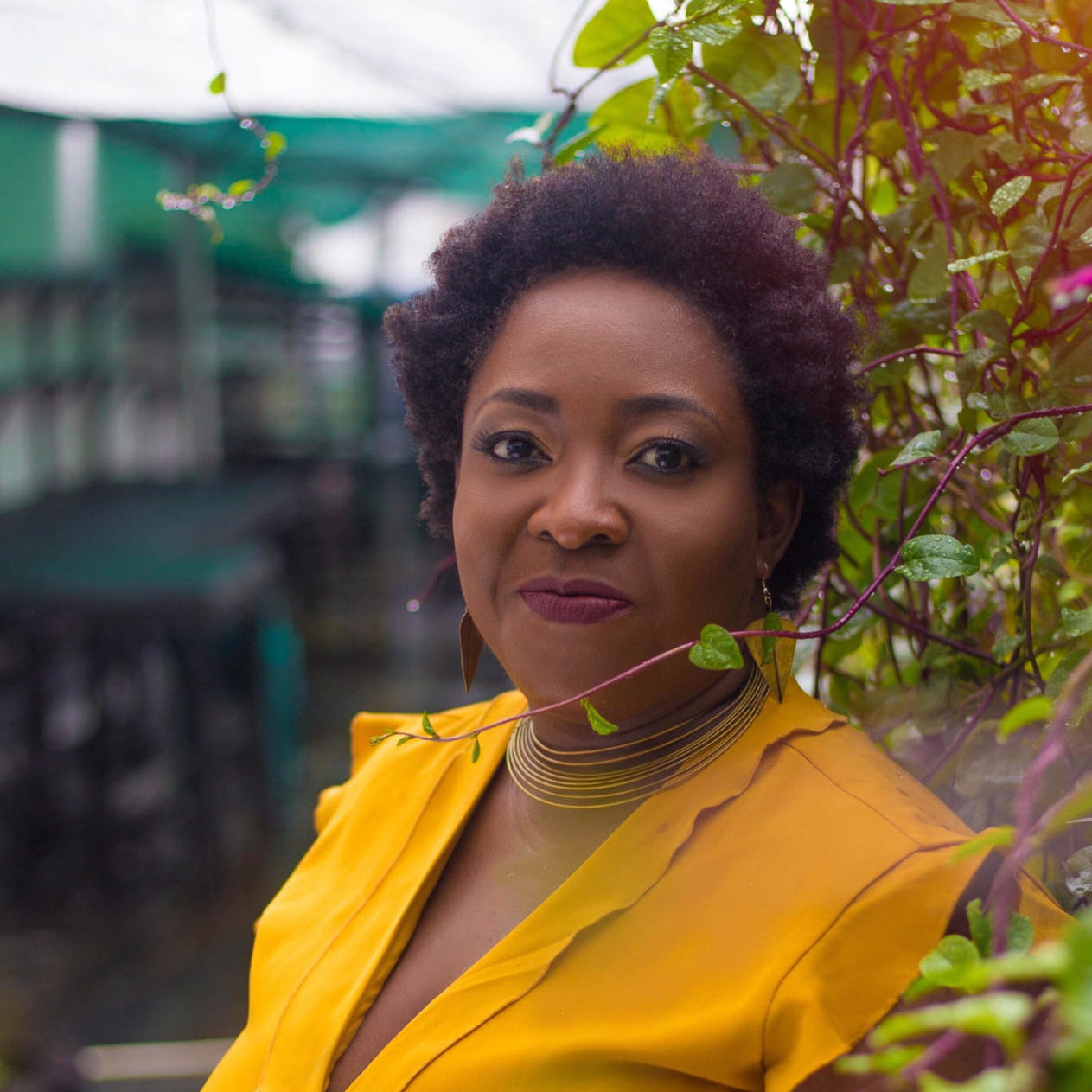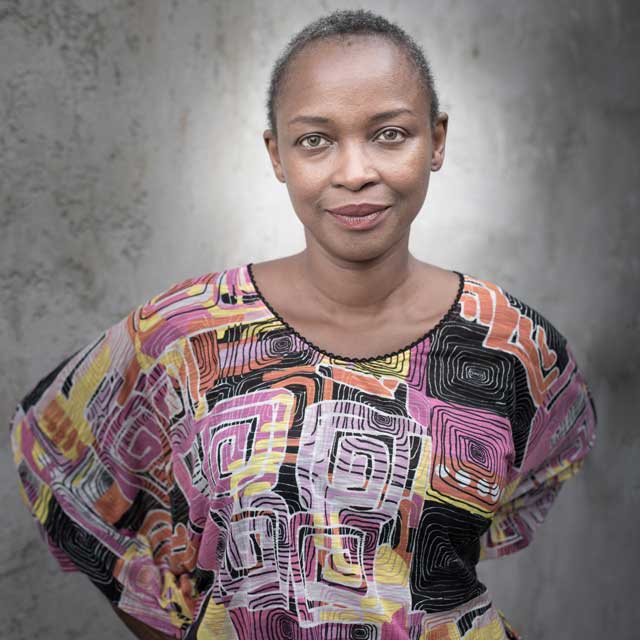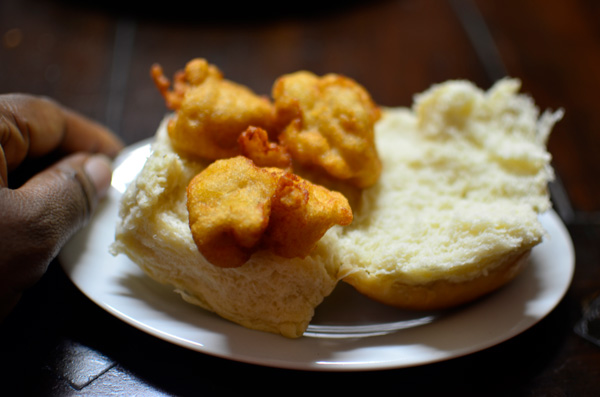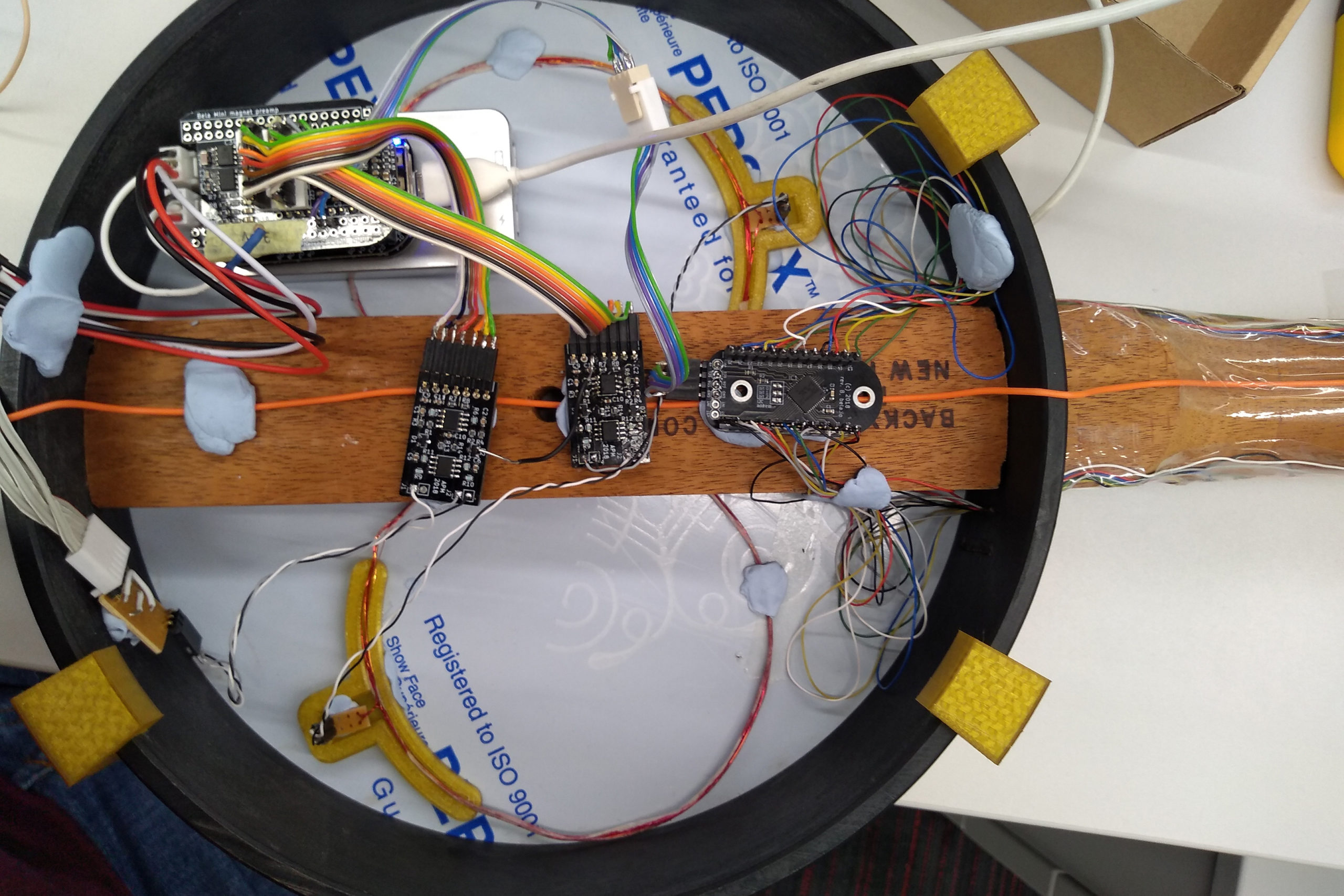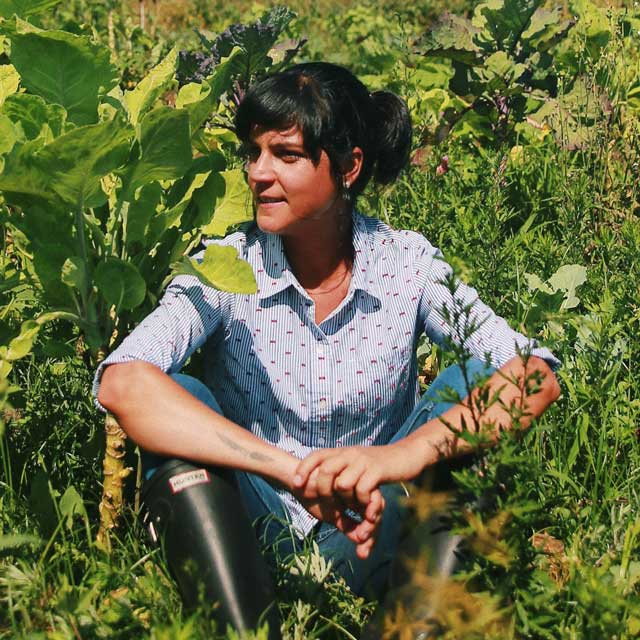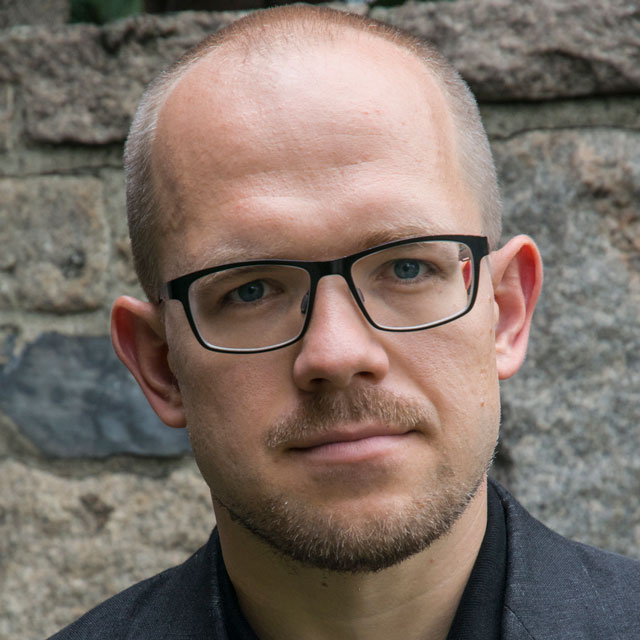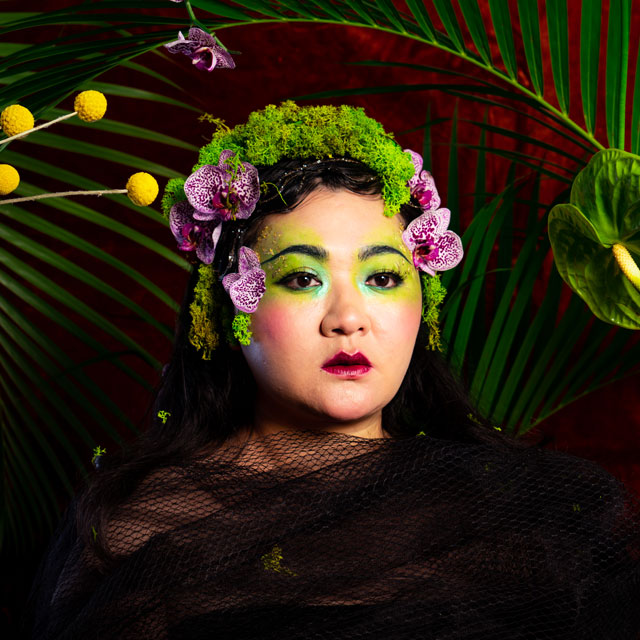“As a primal artistic expression, the narratives of culinary practices continue to be undervalued and tokenized in the context of contemporary art,” says Kouoh. “I have selected to work with Sokoh as she continues to dig and connect culinary histories of the Black experience in the framework of her long-term, expansive research, for the bold and fresh ways in which it advances the knowledge of and recognition for a culturally defining legacy that has been invisibilized for the longest time. Yet its story is at the root of modern culinary practices, food ways, and politics of taste that pretty much shape Black identity on both sides of the Atlantic.”
More about Sokoh’s work can be found on Feast Afrique, where she documents collaborations and celebrations centered on West African Culinary Excellence, ranging from a digital library to map-based explorations, recipes, and more.

